
Growing client base
In August 2021, Casey House began welcoming clients who are members of communities with higher rates of HIV, in addition to those already diagnosed. This includes people experiencing poverty, who are homeless or don’t have stable housing, people who use substances, have mental health concerns, and those who have been incarcerated.
Easing pandemic restrictions and expanding our reach to include people at risk of HIV has resulted in a dramatic increase in the number of outpatient visits, and many new clients. Casey House is pleased to be able to support the health care needs of more clients filling this much needed health care gap.

We encourage testing for all people who are not HIV+ at intake and connect those who discover they are HIV+ to care, giving people access to antiretroviral medication immediately whenever possible. For clients who are HIV- we can help them prevent transmission through harm reduction practices, health promotion and education.

The age of Casey House clients is also changing. While one quarter of our clients are 60 years or older, 45% are under 50 years of age, and 10% are between 20 and 29.
As a hospital working to transform lives, we are pleased to continue expanding our care to help overcome systemic inequities, so people can access the health care they need.
Advocating for hospital-based harm reduction
Casey House believes it is our responsibility to advocate for our model of compassionate and socially-just health care. We are committed to leveraging our reputation and strengths to improve the well-being of all people living with and at risk of HIV, including people who use drugs.
For many of our clients, substance use is a way to cope with intersecting challenges such as trauma, poverty, homelessness and mental health concerns, which can create multiple barriers to having one’s basic needs met and increase risk of HIV infection. These challenges are exacerbated by the overdose crisis, housing crisis, and COVID-19 pandemic.
In January, we began advocating to improve health care and outcomes for people who use substances. Anchored in three new position statements, Casey House is calling for judgment-free, culturally-sensitive and trauma-informed care; increased access to a diverse range of harm reduction services and supports; and progressive drug policy that promotes the health, dignity and human rights of people who use drugs.
Our initial activities included: sharing our insights on how other hospitals can and should embrace a harm reduction approach to care; contributing our unique perspective to the creation of a national standard on mental health and addictions; and adding our voice to provincial government policy on access to naloxone.
Casey House is anchored on a foundation of activism, advocacy and trailblazing. Today, our hospital continues to dismantle barriers to care, and constantly looks for ways to help more people overcome barriers that perpetuate health inequities and access care.
Offering space for supervised consumption
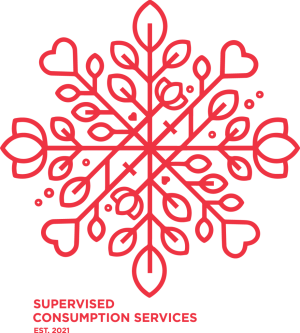
Casey House was extremely proud to open Ontario’s first hospital-based supervised consumption services (SCS) this year, with a one-person space right on the inpatient unit just steps from client rooms, and a three-booth space on the second floor for outpatient clients. SCS provides a safe space for clients to use their own drugs while being monitored by trained staff, who can watch for adverse reactions and provide emergency care, if needed.
Reducing the risks of drug use through harm reduction in a judgment-free environment is an essential health service. Harm reduction engages people in health care and reduces the risks of overdose amidst the increasing toxicity of unregulated drugs.
Opening SCS has garnered a positive reaction from the client and harm reduction communities, and the news was shared broadly: Casey House SCS in the news.
Casey House is grateful to the generosity of donors who made it possible to open the SCS entirely with donor-funding.
176
times
in first 6 months
24
overdoses reversed
14% of total uses

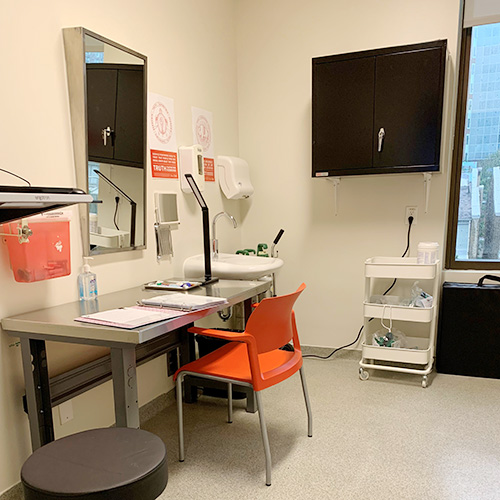
Assessing resiliency to
improve health
M
R
A
T
Casey House’s new Multipurpose resilience assessment tool (MRAT) helps connect our purpose and philosophy of care with a data-informed approach to planning.
Using the principles of transformative evaluation, the MRAT was designed by an interdisciplinary working group as an integrated client engagement, assessment and follow-up tool that also generates holistic health data.
A resilience matrix adapted for HIV and the social determinants of health, the MRAT has become the hospital’s standardized intake, follow-up, program planning, and evaluation tool.
Clinicians engage with clients to complete the MRAT on intake and at points of care. The tool captures socio-demographics and data about clients’ health needs as related to eleven domains based on the social and structural determinants of health. This data then becomes the foundation for actionable insights needed to dismantle barriers to care and safe living. The results provide a snapshot of overall client health at a given point in time across the domains of physical, economic, and social-emotional well-being.
In addition to allowing for an integrated approach to individual care planning, the same data informs quality improvement, organizational strategy and operations, and advocacy. The tool helps Casey House use data to build on our legacy of advocacy and social justice as we continue to help break down barriers.
Measuring a client’s resilience supports the objective of assessing how a client is doing upon admission and supporting them to improve and set appropriate health goals. Measuring outcomes enables us to support clients on their journey to ownership over their health.

- Structured topics to address with client
- detailed criteria for each topic to determine a resilience rating for each of eleven health domains
- a five-point scale (in-crisis, vulnerable, stable, self-sufficient, thriving)
- tracks socio-demographics such as gender identity, preferred language, and HIV status
Meet Rick Skimmings
Rick Skimmings believes one becomes a peer the moment you gain a client’s trust and they gain yours. His personal mission is to ensure everyone has an ear, the help and the assistance they need, no matter their circumstances, and he works dogmatically to make this true for as many people as possible. A peer at Casey House for the past four years, Rick has been sharing his lived experience with AIDS service organizations for twice that long.

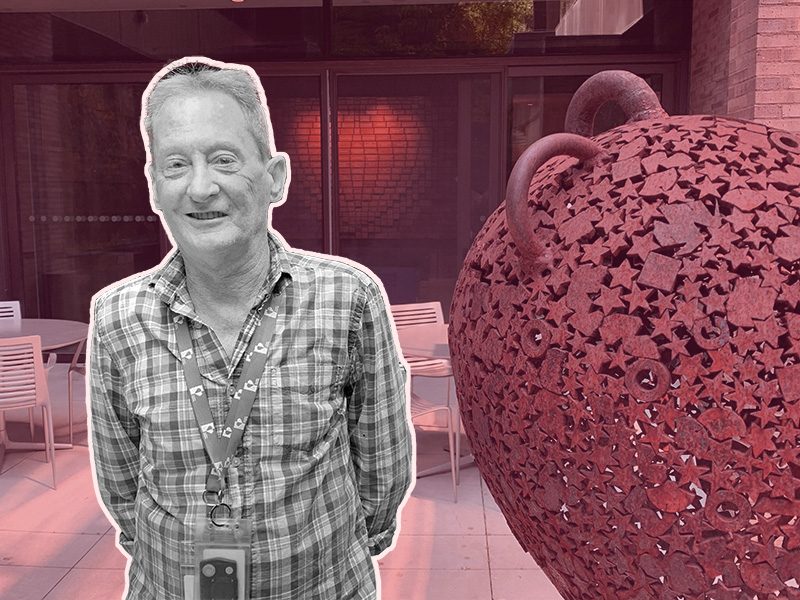
At Casey House, peers are individuals living with HIV who are trained to support others by sharing their own lived experience. In addition to supporting individual clients on a one-on-one basis, Rick also assists clients at lunch, and engages with people who are picking up harm reduction kits. He is known for saying yes to any request or task put to him and is extremely generous with his time.
When asked about feeling the impact of his support Rick recounts taking a client shopping for some desperately needed new clothes and footwear. Once back at Casey House, the client showed off the shoes with pride and tears. Despite being an older gentleman with many years under his belt, they were the first new pair of shoes ever purchased for him. He was receiving end of life care and passed away not long after. Rick says, “I love what I do, at and for Casey House, and my future will always be there! I do what I do, for all those not with us today, and to make a better future for those who are!”
Rick moved from Calgary to Toronto over 40 years ago and has lived in the Village ever since. He will turn 65 this summer and claims he has 35 years left before he retires. We should be so lucky.
Peer support at Casey House is possible thanks to a team of 12 peers, who provided approximately 850 hours of support to 25 unique clients between April 2021 to March 2022.
Art With Heart moved online
The ongoing pandemic transformed our annual art auction into Art With Heart from home, a live broadcast with spectacular experience boxes filled with delectable treats for guests to enjoy during the auction. This revised version of Art With Heart, presented by TD Bank Group, was well received by our art loving supporters. Over 450 devices streamed the event and over half a million dollars was raised. Although we will appreciate gathering in-person for future auctions, we were delighted to support artists and galleries again after missing the event in 2020.
Meet Gail McClellan
After long admiring Casey House’s courage, advocacy, kindness and compassionate approach, Gail began volunteering in 2013, engaging clients in recreational activities and supporting them on outings, and later assisting at fundraising events such as Art With Heart.
Says Gail, “I’ve had the privilege to meet some wonderful clients at Casey House; their strength and courage constantly inspires me to continuously be and do better.” She goes on, “My experiences at Casey House and especially the interactions with both the inpatient and community clients have been very humbling. My volunteer work has certainly broadened and deepened my perspective of the challenges and stigma and greater understanding of the personal impacts to our clients on a day-to-day basis.”
While the past nine years have been rewarding for Gail, she will be moving into a more senior volunteer role. Gail is joining the finance committee of the board of directors to leverage her experience and expertise after retiring from SunLife and a career in information technology.
In addition to contributing her time, Gail also contributes to the organization financially as a monthly donor to Casey House Foundation. Gail says:
“I believe that there are many things that we are capable of doing to better the community and broader world that we live in. No contribution is too small and [that] includes kind words, simple acts of compassion and kindness and, if possible, donating time and/or services as well as providing financial donations.”

Hospital spending of grants from Casey House Foundation
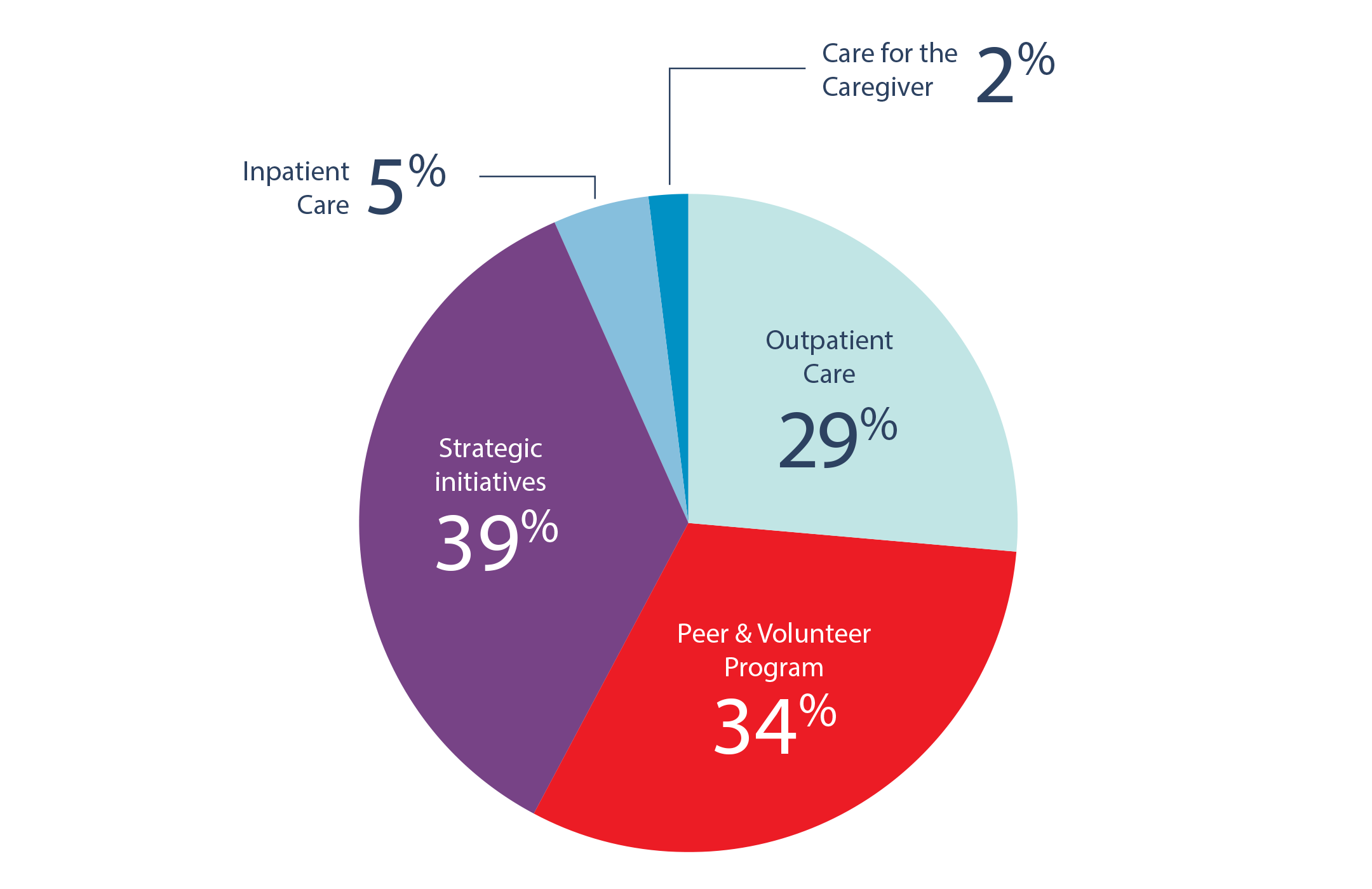
For full financial statements, visit the ‘Accountability, accessibility and freedom of information’ page at caseyhouse.com https://caseyhouse.ca/about-us/accountability/financial-statements/
Additional Accomplishments
CARED FOR
766
CLIENTS
632 clients in the outpatient day health program who came for 17,416 visits and 132 inpatient admissions.
DISTRIBUTED
100,022
SAFER DRUG USE KITS
for the 2021-22 fiscal period; average of 8,335 per month
40,451
injection kits
15,917
inhalation kits
37,900
crystal meth pipe kits
LAUNCHED
Program
in partnership
with CAMH.
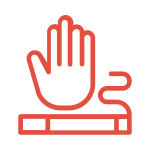
Launched
New website:
caseyhouse.ca
Engage
with
harm reduction study,
3-part research study completed
Continued to offer online programming for day health program as needed alongside in-person groups and appointments

RECOGNIZED
Six members
of the community as the
Casey Award
Arranged COVID-19 vaccines for clients by both administering injections on-site and booking appointments at external vaccine clinics
ACHIEVED
5
out of
5
star rating from
Charity Intelligence

Accreditation Canada
Primer Award
by Accreditation Canada, the first step to becoming accredited
ACCEPTED GIFT OF
from The Toronto Central Regional Indigenous Cancer Program to use for ceremonies and spiritual practices.

ENGAGED
clients in gardening in the Love Family Healing Garden on our rooftop to plant, nurture, and harvest food for clients to take home.
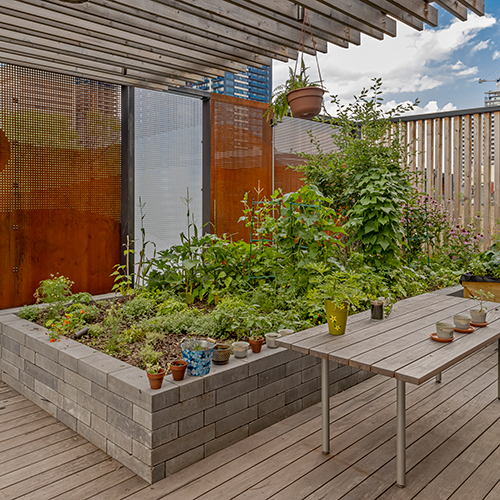
RESOURCES
Casey House staff worked at community vaccination clinics alongside Ontario Health Team partners
SUCCESSFUL
ACCREDITATION
visit with Ontario College of Pharmacists (January 2022) with numerous improvements noted

COMPLETION
of CPSO Quality Improvement Partnership in partnership and with feedback from our nursing team the physicians group focussed on two areas to improve prescribing and communication. The CPSO asked to feature our work as an example.
ACCESS TO
SAFER DRUG USE
SUPPLIES
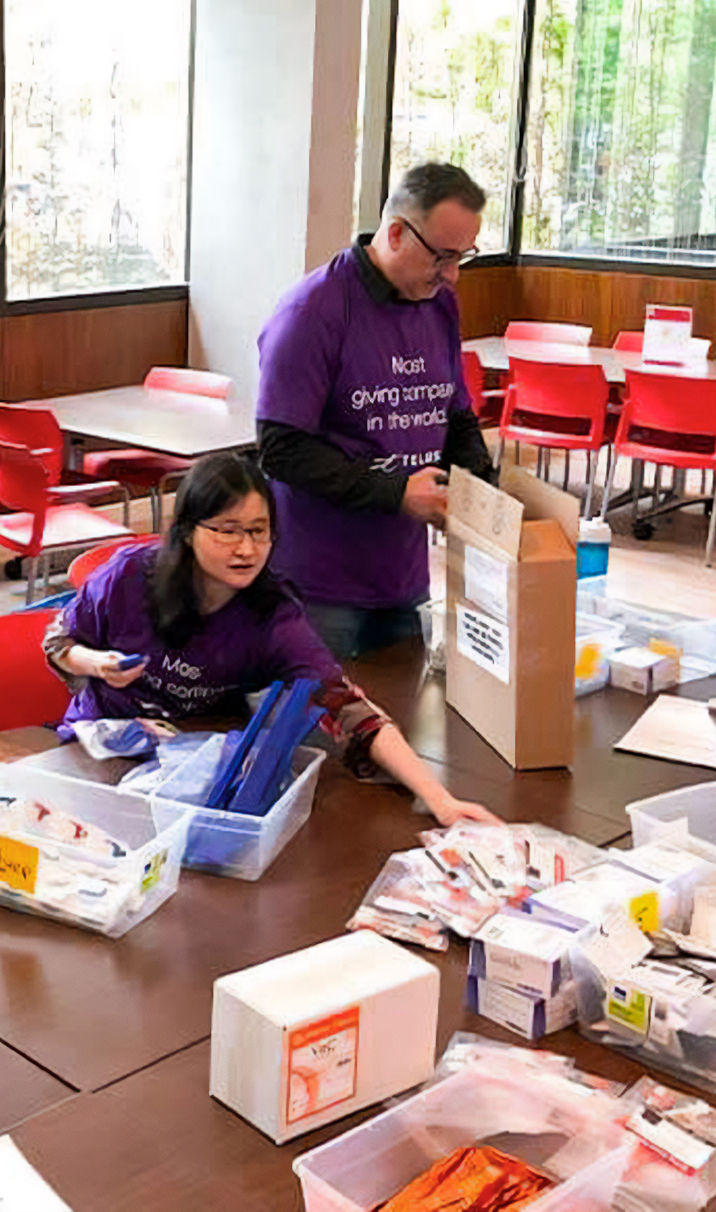
SHARED
PPE (N95s, face shields) with community organizations (Michael Garron family practice, Parkdale Queen W., Street Haven)
Transform lives and
health care through
compassion and social justice






Unequivocal
compassion
Informed,
client-driven care
Deliberate
Inclusivity
Creative, mindful collaboration
Courageous
advocacy
Responsive
innovation
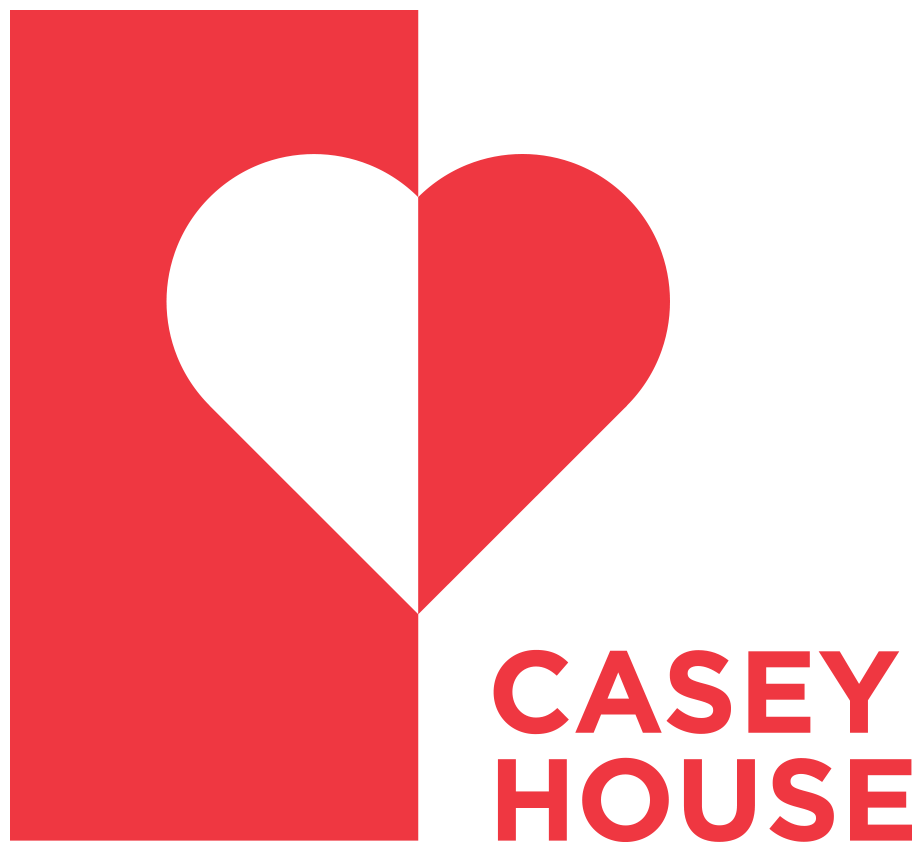
We rely on the generous donations of our supporters to enhance our health care programs and capital projects.
Support
Casey House today
416-962-7600 | 119 Isabella Street, Toronto, ON M4Y 1P2
Charitable Registration No. 10687 8374 RR0001
Casey House acknowledges that the land we are built upon is the ancestral territory of the Indigenous People of Turtle Island.
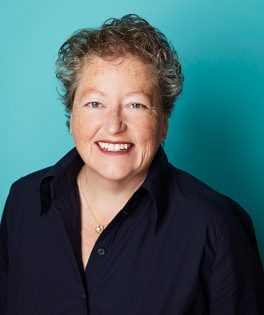







 Basic operating costs are funded by Ontario’s Ministry of Health and Long-Term Care.
Basic operating costs are funded by Ontario’s Ministry of Health and Long-Term Care. Generous
Generous